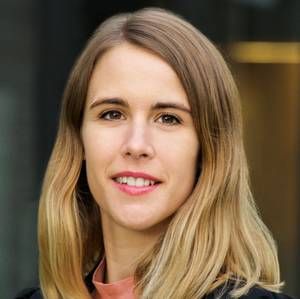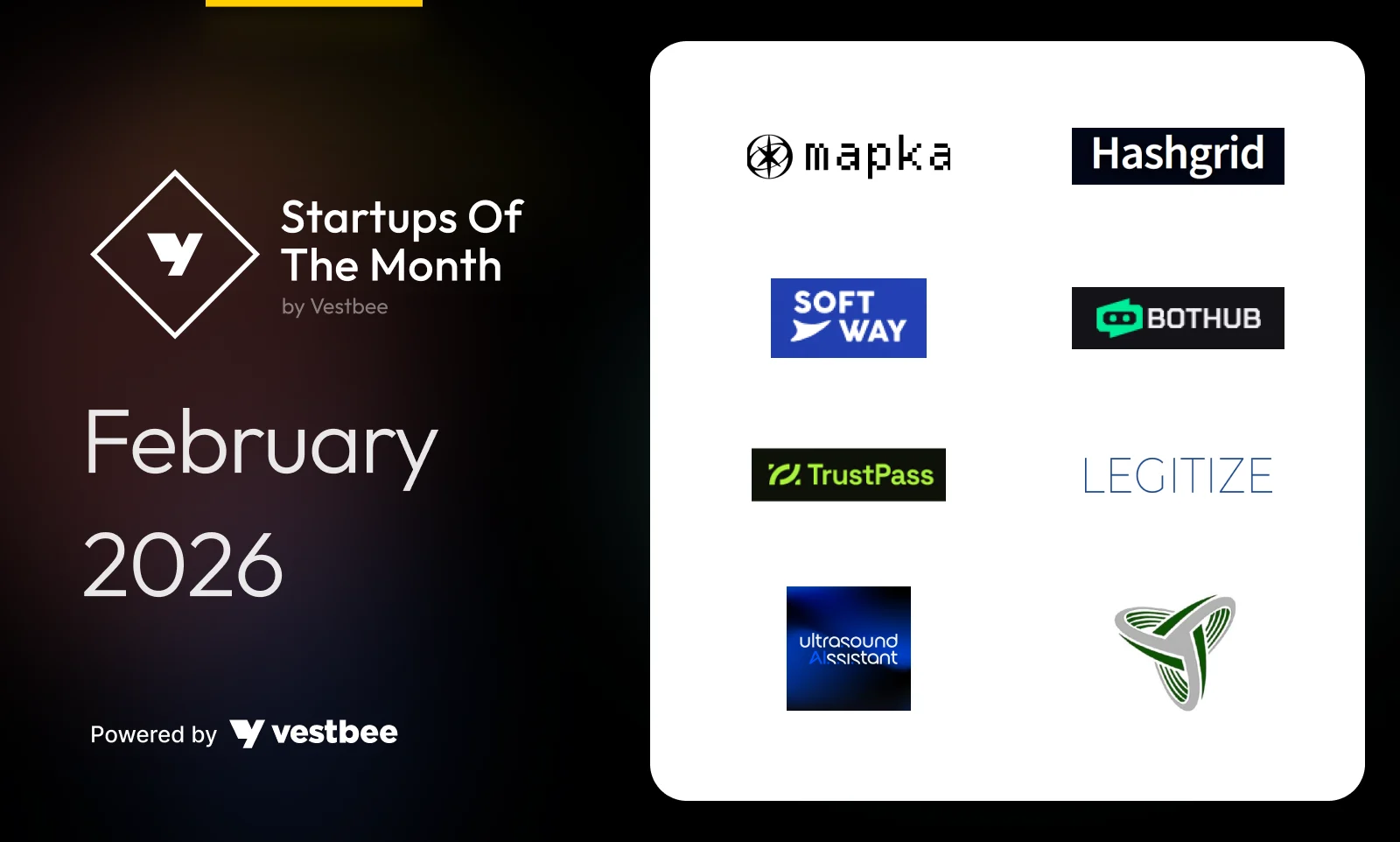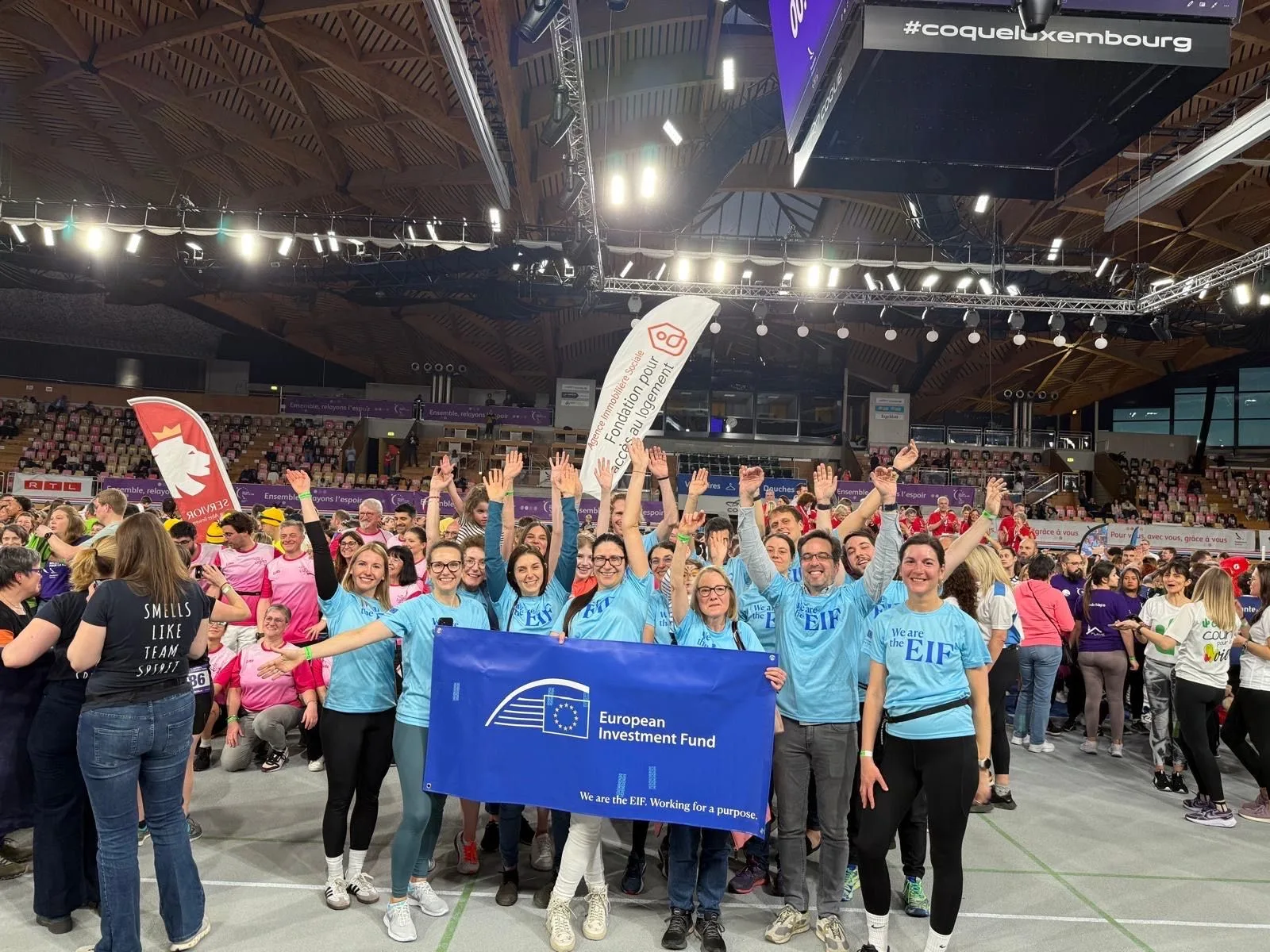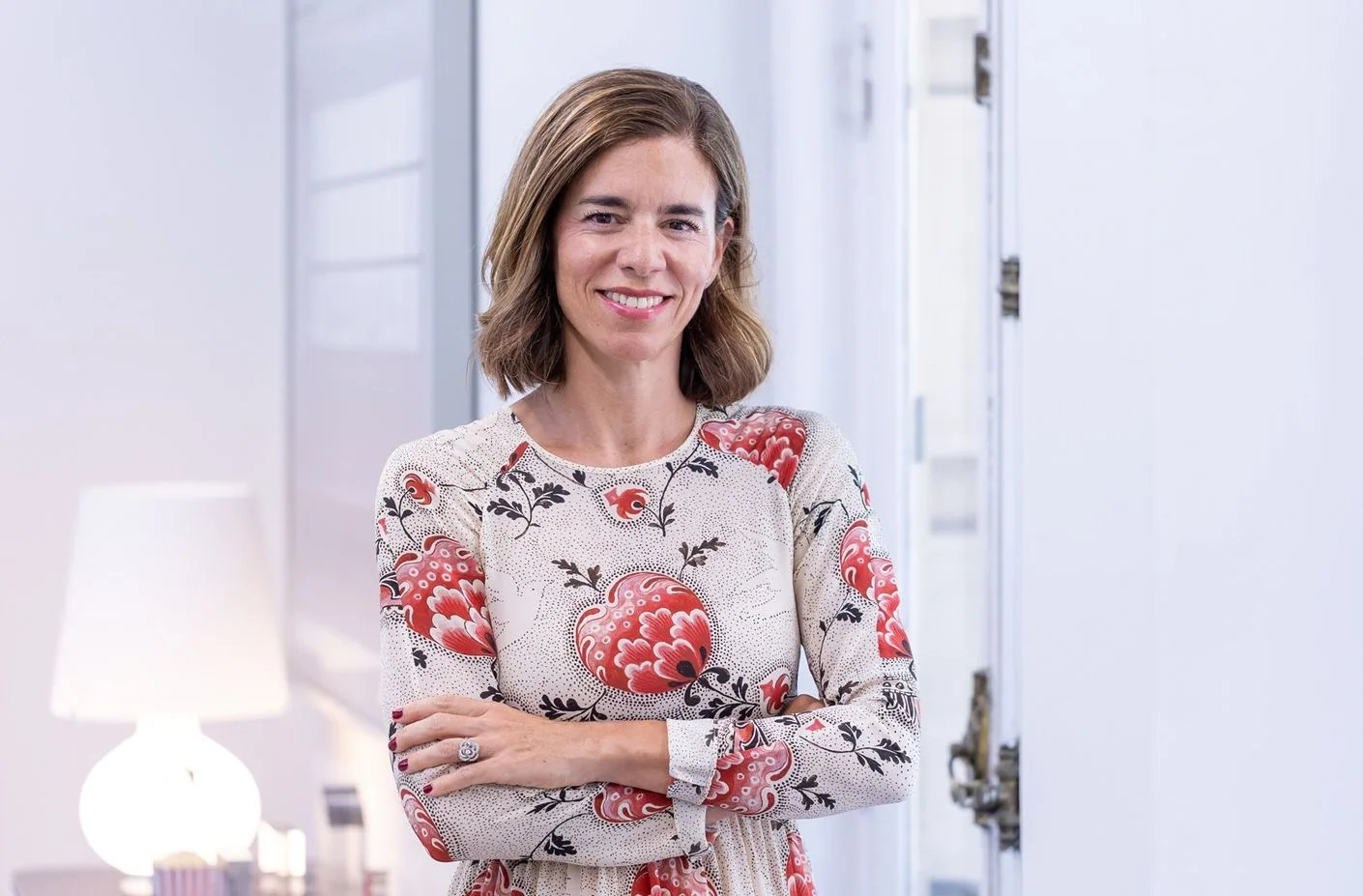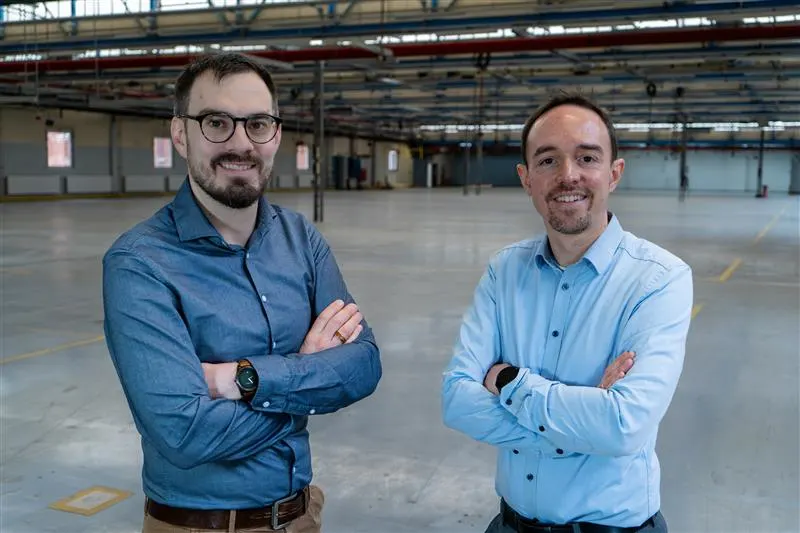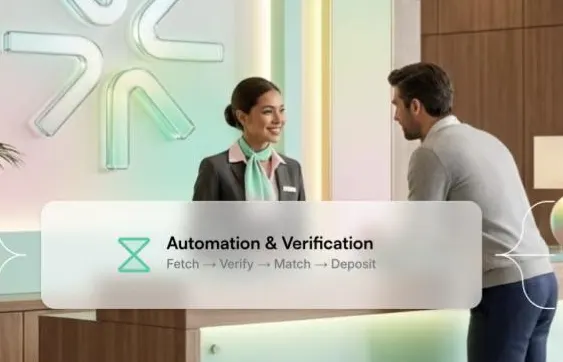Design Terminal is Central Europe’s leading innovation agency, located in Budapest, Hungary. Their incubation programs are up and running in 12 countries, and since 2014 they have worked with more than 1000 startups and several corporations. From the very beginning, Design Terminal team wanted to ensure that their programs have a real impact on the economy of Hungary and the region. In recent years, they have been working on setting their feet internationally. Besides the flagship Mentoring Program for startups, they also launched the V4 Startup Force scholarship program for the entrepreneurs of the Visegrad region, and joined the X-Europe initiative that supports regional startups in business development. A few months ago the European Space Agency asked Design Terminal to take over the domestic representation of ESA’s space industry activities in Hungary. This is not the only sectoral program that they are working on: together with their partner, the Hungarian Chamber of Agriculture, they search for innovative solutions that can promote the digitalization of agriculture, and help the sector’s competitiveness.
Accelerator Strategy Overview
Design Terminal’s main mission with its incubation programs is to provide startups with valuable knowledge for development, penetrating the market or getting new partnerships and helping them with expansion. Startups joining Design Terminal receive tailor-made mentoring, specifically designed for their demands. They collect and measure companies’ needs and interests before and on the way, defining program structure accordingly. Experts and mentors help program participants overcome specific blocks and challenges in the form of one-on-one mentoring sessions, boardrooms, thematic workshops, etc. Also, the Design Terminal team aims to create a community that lets innovators circle back to the alumni, thus helping them with knowledge sharing, collaborations or finding further investment partners.
STARTUPS ELIGIBLE FOR ACCELERATION PROGRAM
Geography: Worldwide
Preferred industries: In the Mentoring Program they restrict for no specific industries but require a startup profile with social impact. In all the other thematic events or projects they expect teams in the following industries and areas: agrotech, deeptech, space tech, automotive innovation, etc.
Company stage: idea (pre-seed), launch (seed), early growth (pre-series A, series A),
Product stage: concept, demo, MVP/beta, ready product
Product type: B2B, B2C, B2B2C, B2D, B2G,
Revenues: Typically yes, but they make exceptions
PROGRAM DETAILS
Duration: 3 months
Participation fee: No
Equity Investment: No
Grant: Yes
No of batches per year: 2
No of startups in a cohort: Usually, they target to have around 10 startups in one cohort, but the final batch of teams is defined based on quality.
Q&A with László Jónás, Co-owner & Head of Strategy of Design Terminal
What are the 5 most important things you look for in a startup applying to your program?
Design Terminal is quite a human-centered accelerator. You need to have a great product/service, but that is just the beginning. We are looking for a commitment proving that you are willing to spend all your energy on your startup, and vision to see if you know what to do when the landscape is changing and the ability to handle criticism. We are working in quite a lot of fields (e.g. space, agriculture, automotive) which have some unique features, but the human focus is always on the first place in all our initiatives accelerating various verticals. In our flagship Mentoring Program, we only work with startups that are committed to a positive impact on the world.
What startups should take into account before applying to your acceleration program?
We accept startups with a full team, a clear vision, and a dedicated mindset - these requirements are essential not just for being able to participate in our programs but also to achieve huge success.
The Mentoring Program is very intense. We fill in all their Thursdays and Fridays with continuous knowledge transfer for three months. During this time, we provide them with workshops, one-on-one mentoring sessions and community events. Our other programs may be shorter but that doesn’t mean they are less intense - their format varies between three-day long bootcamps and several-year long projects.
Can you share some of the red flags that can disqualify a startup from joining your accelerator?
We watch closely how the team works together, as it is an important signal of potential long-term success. Depending on the specialties of each program, I would say that we are not into startups that tend to promise more than they could achieve, but rather the ones that know how to reach their goals on a day-to-day level.
We are also going over the startup founders with a fine-tooth comb - if they show resistance to the advice given to them during the selection process, one could only wonder how we can mentor them for three months.
What are the most valuable skills that selected startups can develop thanks to your program?
The structure is built over the idea of giving each week a specific topic. During the first month, we focus on Goal Setting, the Team, and then Product Planning. In the second month, we turn our attention to Sales, Storytelling and Leadership, and in the last month we take a look at Finance, Marketing and Fundraising.
Beyond the professional programs and community-building workshops, the main strength is the mentor team made up of Hungarian and international experts.
How does your accelerator support portfolio companies during and after the program?
First of all, we provide a comprehensive program of interactive workshops on the above-mentioned topics, and 1 on 1 mentoring sessions weekly. Moreover, a relevant key mentor is assigned to each startup providing tailored support in order to make sure they develop as much as they can during the three months of intensive work. Above that, the Design Terminal team organizes inspirational discussions and prepares participants for the final pitch and funding. After finishing the program, we encourage teams to circle back and participate in other ones, and our Alumni network is being constantly built. We would like this community to be a prestigious one: a strong bridge between startups and investors, newly founded organizations and experienced companies. We strongly believe that the way we treat our startups – with care and real interest – will result in a cohesive, supportive community, which is really useful for the ecosystem.
What are the best-performing companies in your portfolio?
The year 2021 was a huge success for a lot of our Alumni companies.
- Munch, who teamed up with us in the Mentoring Program and also in the V4 Startup Force is a platform battling food waste by providing an app on which you can order surprise packages from the leftovers of restaurants and cafés. By the end of the year, more than 300 partners had joined the scheme and so far they were trusted by 100.000 users.
- We are equally proud of Péntech, the 2019 alumni team of our V4 Startup Force Program, who in February 2021 established their Polish subsidiary. Péntech supplies digital financing to domestic SMEs, whether digital factoring or online lending and their portfolio already includes nearly 600 registered companies.
- The lovable composting robot of Compocity educates potential pro-compost people in a simple and playful way. They are a huge success right now in Hungary.
- One of the wonders of our agriculture incubation program, NAK TechLab (which we organize in collaboration with the National Chamber of Agriculture) was the startup called SMAPP Lab. Leading Hungarian agricultural company KITE immediately saw potential in the team, whose founder was an 18 year-old university student, and started to test the innovation right away.
- SMAPP invented a new digital pheromone trap for pests that can play an effective role in preventive plant protection. SMAPP’s solution is already being tested in Kenya, Africa too.
- Photon, one of the startups on our 2018 Mentoring Program, has successfully raised investment capital this year. They received EUR 500.000 in investment, which also gives them the opportunity of expanding abroad. The company bringing together photographers, video-makers and their clients is already prepared to enter the German market.
What key lessons have you learned from projects that didn’t work out the way you expected?
At a startup nothing goes according to plan. The most important ability is to handle change, and at the same time being able to stay true to your vision. This is where the human factor comes into picture - if the vision is good enough and if the team is committed, they will be able to change the plans according to the market validation.
Why, in your opinion, accelerators are becoming more popular nowadays?
I think we are after the peak. Many investment funds and corporations saw accelerators as a way to enhance their investment and/or innovation pipeline, but most of the time it did not work out. I think the main reason is that working with startups is much more complex than it looks. One is the business idea, the other is the team and the third is energy that you transfer to these developing companies. If you do not have enough energy to spend on them (e.g. talk to them, connect them to the relevant mentors and business partners, introduce them to the best investors) it’s not real support, but just passive watching and hoping that they will somehow succeed.
What are the hottest markets you currently look at as an accelerator and where do you see the biggest hype?
Some may argue that the Western European markets are oversaturated, and consequently it is not easy for a Central European company to prevail there. However, we think that Central Europe is a great market itself, for example, the Visegrad alliance is something that startups should consider in their expansion. Moreover, the Western Balkans is growing quite fast and it will become a very attractive startup market in the upcoming years.
Do you have any predictions about the key trends that will shape the European accelerator scene in the near future?
Companies will find out that running a successful accelerator is much harder than it looks. Many of them will go out of business simply because they do not have a competitive edge and their management is not committed enough to reach an impact not just on their startups, but also on their corporate partners. Business-related KPI’s will become more and more important in the sector - taking up the acceleration process without asking for business results will become less and less likely to happen. Communities will become more and more important for accelerators, the network obsession – when you know a lot of people, but do not have a deep, long-lasting relationship with them - will be substituted with the value of your community.
Related Posts:
Startup Accelerator Of The Month - Design Terminal (by Magdalena Balcerzak, Manager, Vestbee)
Startup Accelerator Of The Month - Seedstars (by Magdalena Balcerzak, Manager, Vestbee)
Startup Accelerator Of The Month - MIT Enterprise Forum CEE (by Magdalena Balcerzak, Manager, Vestbee)

